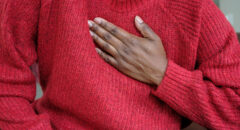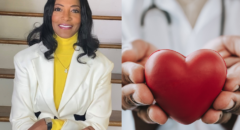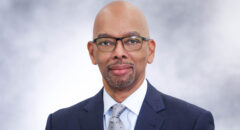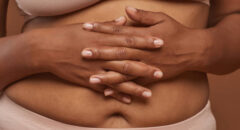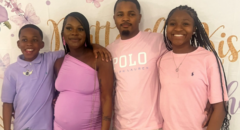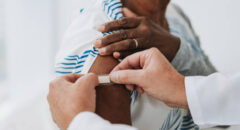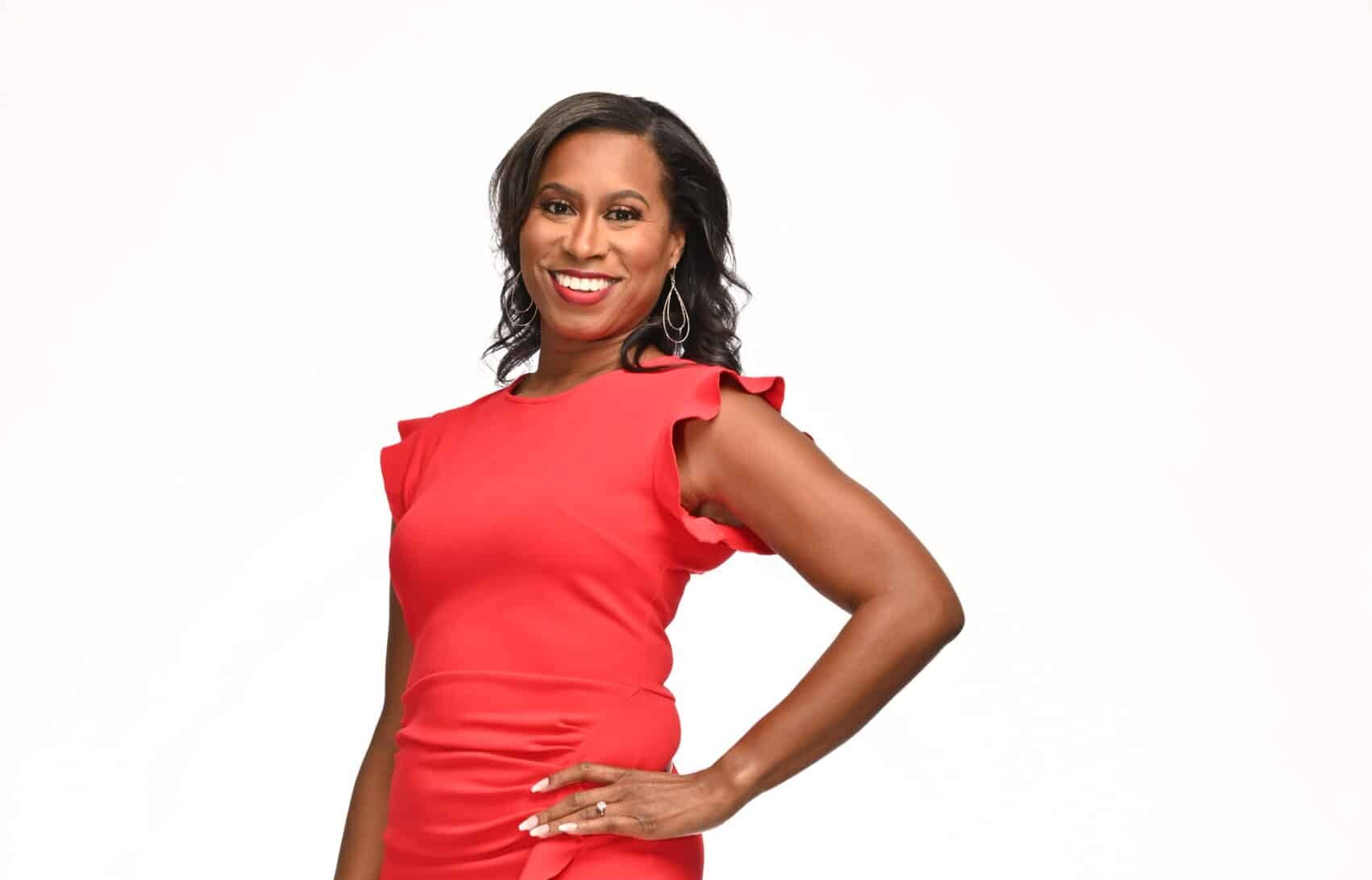
In the bustling heart of Dallas, Texas, a remarkable woman named Sharell Weeams has turned personal trials into a beacon of hope and inspiration. At 45, Weeams has confronted life-altering challenges that could have easily overshadowed her spirit. Instead, she has emerged not only stronger but also as a passionate advocate for heart health. Her journey from adversity to advocacy is a testament to resilience and a call to action for us all to prioritize our well-being.
Weeams’ journey began long before her heart attack. As a business coach and swing dancer, she led a vibrant life, balancing her entrepreneurial pursuits with her passion for dancing. However, beneath the surface, she was unaware of the silent danger lurking in her body due to her family’s history of heart disease.
On November 6, during a late-night dance session at a competition, Weeams, whose love for swing dancing started in 2008 after watching “Love Jones”, began to feel unusually tired and dizzy. Moments later, she collapsed on the dance floor.
“We had a competition during the day and then into the evening, and by the next morning, we were still social dancing. It was probably around 3:30 AM. I was dancing with someone I consider a little brother, and I felt really tired. I remember thinking, “I’m having a good time, but how long is this song?” It just kept going on and on. I got really tired and felt dizzy. I remember thinking, ‘Deon, I feel dizzy.’ He tells me I only got the ‘Deon’ out before everything faded to black. Later, I found out I had a heart attack,” Weeams tells BlackDoctor.org.
The heart attack caused her heart to go into ventricular fibrillation and stop, leading to cardiac arrest.
Fortunately, thanks to the quick response of her friends, who were also nurses, she received immediate CPR and an AED shock, which saved her life.
“They immediately ran over, checked for a pulse, and when they didn’t find one, they started CPR. While they were performing CPR, someone got an AED, and they were able to use it to shock me back to life after a couple of tries. About 30 seconds after they finally got me stabilized, the EMS arrived. They took me to the emergency room, and the cardiologist did a lot of testing,” Weeams adds.
At the hospital, Weeams learned that she had suffered a heart attack and cardiac arrest due to four blocked arteries, requiring quadruple bypass surgery.
“I was shocked and stunned because no one expects to have a heart attack at 42,” Weeams says.
The shock of this diagnosis was even more profound, considering her father’s death from a heart attack at the same age.
This family history, coupled with her own high cholesterol, underscored the genetic predisposition she had underestimated.
“When I was younger, around 25, I found out I had elevated cholesterol levels during my annual physical. I knew I had extremely high cholesterol, but being young and somewhat ignorant about what that meant, I didn’t take it seriously. I thought losing weight would help, and that would be enough,” Weeams adds.
Post-surgery, Weeams’ recovery involved intensive cardiac rehabilitation, and a program that taught her how to eat a heart-healthy diet, focusing on plant-based foods and fish, and the importance of regular exercise.
“After my surgery, I spent three months in cardiac rehab, which I recommend to anyone with heart disease. There’s so much conflicting information out there—people say eat this, don’t eat that. It can be overwhelming. Cardiac rehab helped me learn how to eat for my heart health,” Weeams notes. “I also learned how much exercise I need. I went from being sedentary to walking or going to the gym five days a week—cardio five times a week and strength training three days a week. Before my heart attack, I ate a lot of fast food. Now, I prioritize healthy eating and mental health.”
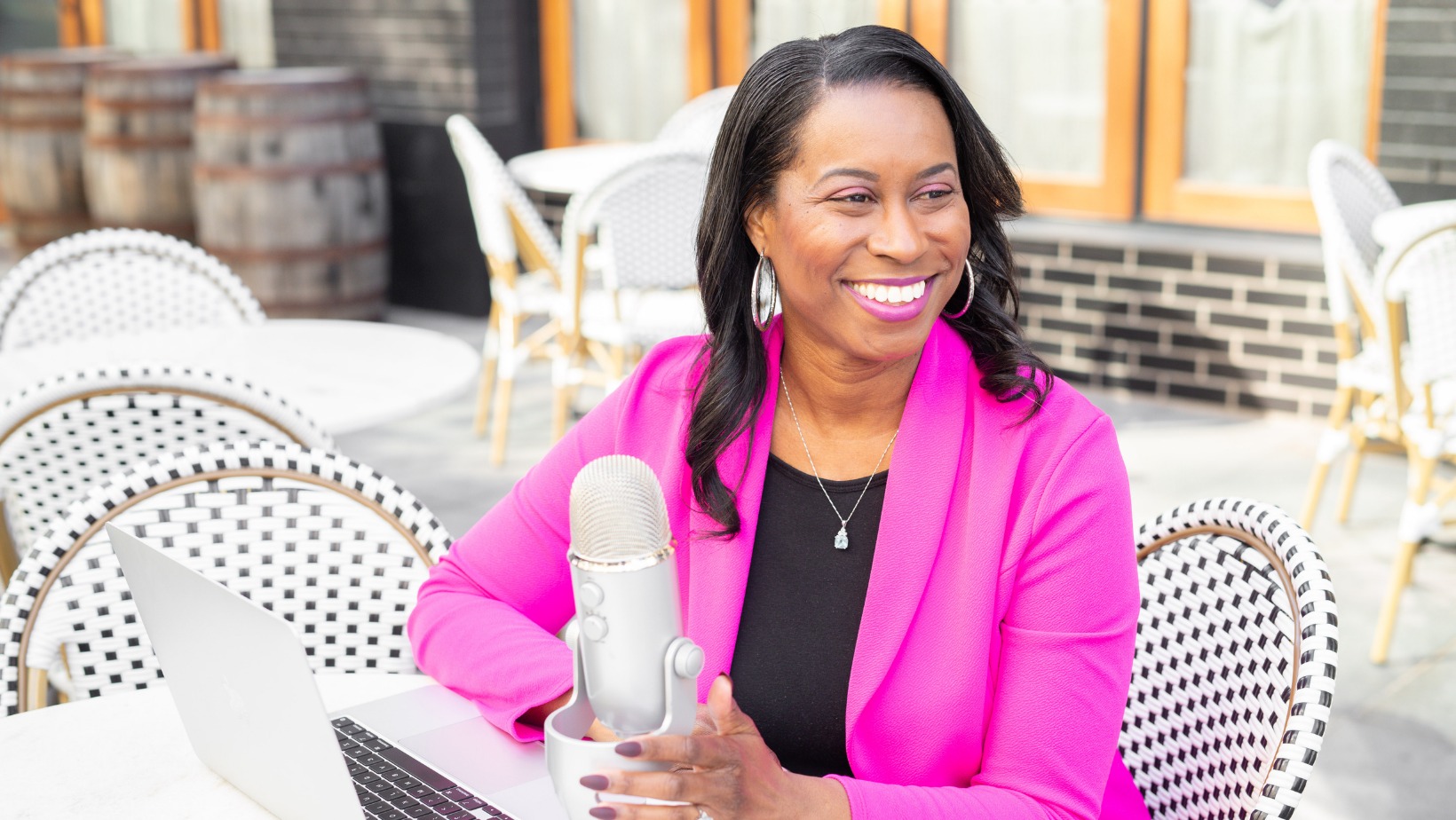
Weeams’ experience has also taught her the importance of self-care.
“As an entrepreneur and a woman, I used to put everyone else first, but now I know I have to put myself first to be okay. I’ve learned to prioritize my health so I can live a longer, healthier life,” she shares.
With a newfound knowledge of the importance of understanding family health history and its impact on personal health, Weeams has also begun having conversations with her family.
“I shared my experience on Facebook, and one of my cousins on my dad’s side saw the post and reached out to me. She wanted me to understand our family history. We got on the phone, and she told me that my dad had 17 brothers and sisters. Many of them had some form of heart disease, had heart attacks, or had blockages,” Weeams says. “It was a big deal on that side of the family, and I didn’t know much about it. My cousin, knowing this, stayed on top of her checkups and health. She takes her medication and stays vigilant about her heart health. It was eye-opening for me. It reiterated the importance of knowing your family history. If I had known what she knew, I would have approached my high cholesterol differently.”
Her experience has also led her to become a heart health advocate. She shares her story on social media, participates in the American Heart Association’s initiatives, and promotes CPR training within her dance community. Her friends, who formed the group “Swing Saves Lives”, conduct CPR classes at dance events, emphasizing the importance of life-saving skills.
Rebuilding her confidence to dance again was a gradual process. Cardiac rehab helped her trust her body, and the support of her dance partner and community reassured her. Over time, she returned to dancing, not just as a participant but as an advocate for heart health within the dance community.
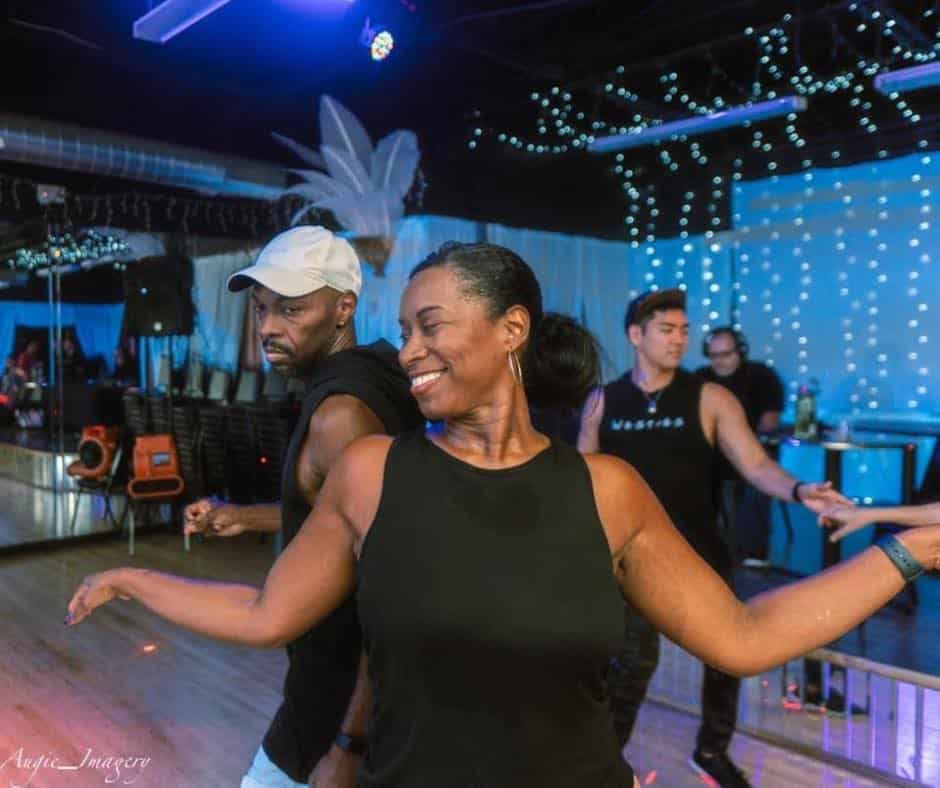
“Once my sternum healed, which was about 12 weeks after my open-heart surgery, my cardiac rehab nurses asked me, ‘When are you going dancing?’ They checked on me every time I was there, asking, ‘Did you go dancing last night?’ They really gave me that nudge to not be afraid and go back to dancing. I was nervous the first time, not about my body since rehab assured me I was okay, but about what other dancers would think. I wondered if they would worry I might collapse like before. My significant other danced with me for the first couple of dances so people could see that I was okay. Once he did, people started asking me to dance again. My initial fear was about what others would think, but once I danced without issues, everyone’s fears went away,” Weeams shares.
Weeams stresses the importance of listening to your body and advocating for yourself in healthcare settings. Her story serves as a reminder to take symptoms seriously, seek second opinions, and push for comprehensive testing if something feels wrong.
Moving forward, she plans to continue her advocacy work, aiming to educate more people about heart health, CPR, and AED use. She also aspires to compete in swing dancing at a higher level and integrate her coaching skills to help others make sustainable lifestyle changes for better heart health. She hopes her story will inspire others to be their own advocates.
“When I first felt chest symptoms, I went to a doctor who gave me pills and sent me away. Had they done more tests, like a cardiac catheterization or calcium scoring, they could have found the damage to my arteries. We don’t always know how to advocate for ourselves. I should have insisted that something was wrong, asked for more extensive tests, or sought a second opinion. Sometimes in the Black community, our symptoms aren’t taken as seriously. We need to speak up, get second opinions, and push for further testing, even for peace of mind. I’d rather spend money to find out everything’s okay than not spend it and miss something serious,” Weeams concludes.
To stay inspired by Sharell’s ongoing advocacy for heart health and to join her in spreading awareness, follow her on Facebook and Instagram.



